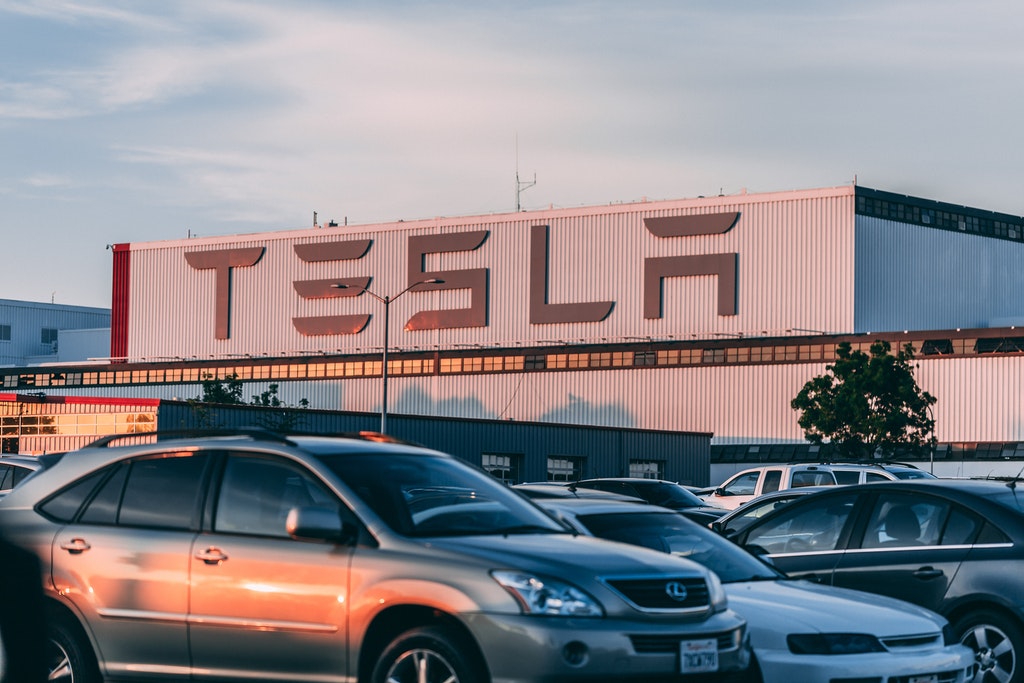The concept of social enterprises was first developed in the late 1970s in the UK, as an alternative to private businesses. The idea was good, but it is not enough.
Over the past few decades, although there are many social enterprises operating all over the world, they are still failing to bring about the desired social change.
First, putting to one side the size of the impact they are making, they are struggling to survive. According to a 2015 report by UnLtd, a foundation for social entrepreneurs in the UK, 71 per cent of the social enterprises there struggled to make a living from a social venture.
In Hong Kong, many social enterprises operate under a charity model, which means they do not make a business impact. When funding is terminated, they fold.
You may wonder if social enterprises working on environmental protection are transforming the traditional profit-maximising business model. They are doing good work, and we also have to acknowledge that incremental changes take time.

However, my question is: are there other ways we can tackle the issues and create a bigger impact?
Firstly, we need to acknowledge that integrated thinking is vital. Building up a social enterprise ecosystem is not just about resolving social issues or generating profits, but also about reconciling competitiveness and sustainable growth within the context of inclusive business models and facing challenges.
Secondly, we need to continue to learn from the rest of the world. In November, the Social Enterprise Summit, a leading forum for the field organised by the Hong Kong Social Entrepreneurship Forum, will feature a series of inspiring dialogues between global practitioners about what a regenerative future could look like.
From macroeconomic policy to corporate social impact and community initiative, more resources can be channelled into purposeful action to create a bigger social impact across the region.
Last but not least, instead of taking a “minimalistic” approach like planting trees or making one-off donations, we should dream big and solve fundamental problems in an innovative way.

The introduction of electric car technology is a good example. Instead of focusing on doing less harm, such innovators are trying to create more value for consumers and society by producing renewable energy solutions.
By reframing the way we deal with the existing problems, we might find a way for social enterprises to be truly impactful in this day and age.

